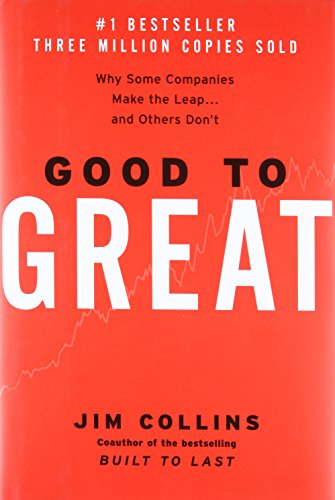Stories from Nokia, Dell, UPS, Toyota, and other companies show how firms can reduce their vulnerability to high-impact distributions, from earthquakes...
Read more
to strikes, from SARS to terrorism, and use them for competitive advantage.What happens when fire strikes the manufacturing plant of the sole supplier for the brake pressure valve used in every Toyota? When a hurricane shuts down production at a Unilever plant? When Dell and Apple chip manufacturers in Taiwan take weeks to recover from an earthquake? When the U.S. Pacific ports are shut down during the Christmas rush? When terrorists strike? In The Resilient Enterprise, Yossi Sheffi shows that companies' fortunes in the face of such business shocks depend more on choices made before the disruption than they do on actions taken in the midst of it?and that resilience benefits firms every day, disaster or no disaster. He shows how companies can build in flexibility throughout their supply chains, based on proven design principles and the right culture?balancing security, redundancy, and short-term profits. And he shows how investments in resilience and flexibility not only reduce risk but create a competitive advantage in the increasingly volatile marketplace.Sheffi describes the way companies can increase security?reducing the likelihood of a disruption?with layered defenses, the tracking and analysis of “near-misses,” fast detection, and close collaboration with government agencies, trading partners, and even competitors. But the focus of the book is on resilience?the ability to bounce back from disruptions and disasters?by building in redundancy and flexibility. For example, standardization, modular design, and collaborative relationships with suppliers (and other stakeholders) can help create a robust supply chain. And a corporate culture of flexibility?with distributed decision making and communications at all levels?can create a resilient enterprise.Sheffi provides tools for companies to reduce the vulnerability of the supply chain they live in. And along the way he tells the stories of dozens of enterprises, large and small, including Toyota, Nokia, General Motors, Zara, Land Rover, Chiquita, Aisin Seiki, Southwest Airlines, UPS, Johnson and Johnson, Intel, Amazon.com, the U.S. Navy, and others, from across the globe. Their successes, failures, preparations, and methods provide a rich set of lessons in preparing for and managing disruptions. Additional material available at www.TheResilientEnterprise.com.
Hide more




